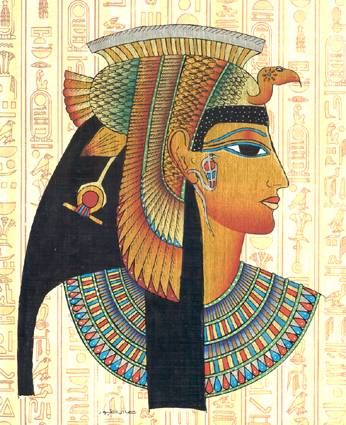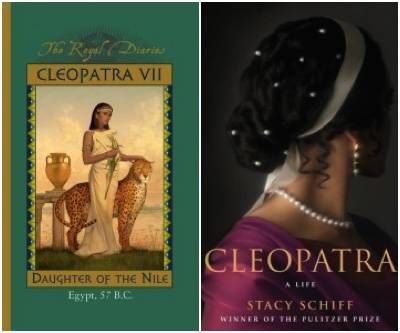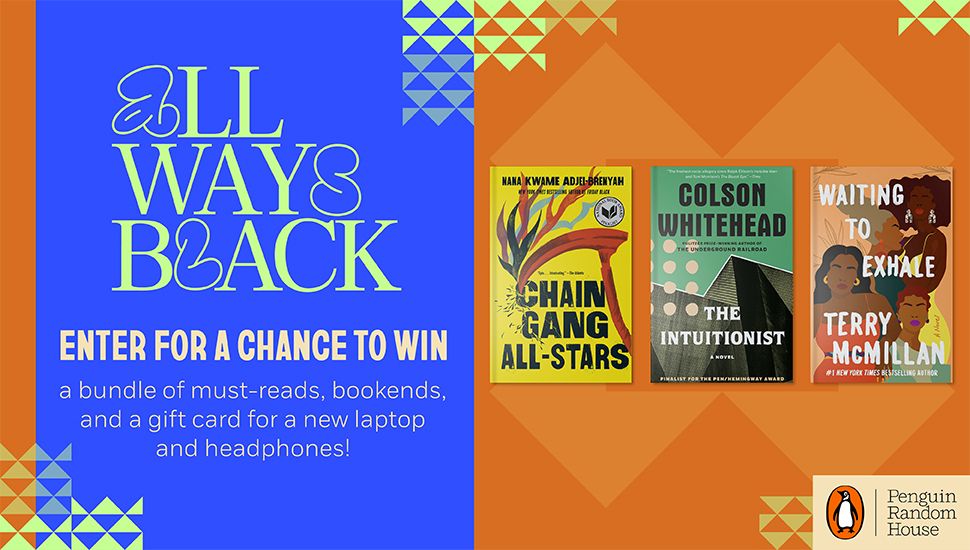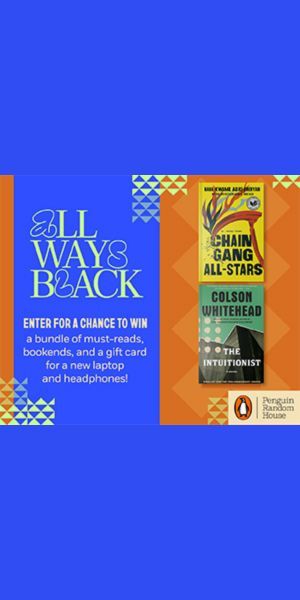
Teenage Cleopatra, a Few Murder Plots, and My Second Grade Self
I recently finished Cleopatra, the biography by Stacy Schiff. It’s the first biography I’ve ever read cover to cover because, until recently, I suffered under the delusion that non-fiction is boring and tedious due to it’s lack of the fantastic. And it would be Cleopatra to pop my biography cherry because my first foray into historical fiction was The Royal Diaries: Cleopatra VII Daughter of the Nile by Kristina Gregory.
If you’ll allow me a few sentences of reminiscing: I was in second grade, visiting the highly anticipated Scholastic book fair—the library decked out with posters, pencils, and stacks and stacks of books. Books I could pick out and pay for all by myself. And I wanted Cleopatra VII with its gilt-edged pages and imposing young woman with her pet leopard on the cover. At the book fair I was discouraged to read above my grade level by the parent volunteer, but I was a smart and stubborn shopper; no one was going to tell me what not to read.
My love for that book undoubtedly led me to Schiff’s Cleopatra, which was fascinating, rich, and revealing. But after I finished Schiff’s biography, I couldn’t get Gregory’s Cleopatra VII out of my head. Cleopatra’s life ended in suicide and her family tree is filled with deceit, fear, and murder. How the hell, I wondered, did Cleopatra VII sanitize such a sordid history? So I bought a used copy, (the book is sadly out of print) curious to compare what Gregory’s chapter book got right and what it, understandably, left out.
The first twenty pages were awash in memories; it seemed as if I’d held them inside me for more than a decade. I best remembered the descriptions of the royal family’s wealth—the sacks of spices they dipped their fingers into, the silks they ran with like banners through the palace—and Cleopatra’s penchant for knowledge. But as I read on I realized there were more details I didn’t recall, not to mention major plot points and the overall tone, which is dark.
I felt my eyes widen with surprise as I reread this beloved childhood book—I read this at age seven? Very little is left to the imagination. The journal begins at age twelve when Cleopatra’s father has fled into hiding, her sister has usurped the throne, and Cleopatra fears she will be either murdered by her sister or by her people who want her father dead. Her father is a drunk, and Cleopatra secretly believes he’s not fit to rule—by age twelve she’s already lost all respect for him. And yet she must stay on his good side lest she meet a fate similar to her sisters. Spoiler alert: her oldest sister Tryphaena is strangled and her other sister Berenice is beheaded.
Guys, Cleopatra VII does not hold back. Cleopatra’s inner thoughts are fraught with fear, nascent desire, and cold political calculations. And after the epilogue, Gregory not only includes topical pictures, maps, and a family tree, but the rest of Cleopatra’s history (including her lovers, suicide, and the murder and/or capture of her children after Egypt is conquered).
And I read this as a second grader, which—with all the headlines of books being decried and removed from school reading lists—I would just like to point out did not scar me for life. I don’t have (as far as I’m aware) daddy issues, sister fears, or blood lust. Ok, I’m being hyperbolic and I understand other second graders could’ve read this book and been scared or discomfited by it, but can’t we all agree that every reader is different and deserves the option to read a book that’s not “right” for them?
Cleopatra was a great role model for me—smart, emotionally aware, strong but admittedly scared. And my brain probably glossed over the seriously messed up family drama. I’m glad a teacher was there to suggest I choose a different title (it’s good to know you’re getting into something that might be hard to handle), but it also made me all the more determined to prove I could “take it.”
All in all I found my re-read extremely edifying. It gives me a renewed respect for the intensity of literature young readers can handle. History is dark, messy, and oftentimes bloody; I love that this chapter book never shied away from real life in all its terror, and that despite it (maybe because of it?) I adored this book even at a young age.















